The Children’s Crisis Center of Stanislaus County provides 24-hour emergency shelter and childcare services to children from birth to 17 years of age.
Questions? Need immediate help? Contact us at (209) 577-4413
The Children’s Crisis Center of Stanislaus County is a private, nonprofit, child abuse prevention and intervention program serving all of Stanislaus County, with shelters located in Modesto, Ceres, Turlock and Oakdale. Our immediate goal is to reach children at-risk and intervene with protective childcare and shelter before they are harmed. Our services were designed to improve the lives of children living in fractured, dysfunctional, unsafe families. We serve high-risk children, ages birth to 17 years, who are exposed to hazardous or unhealthy family dynamics, and encountering domestic risks and traumas.
All services are provided free of charge to high risk families residing within Stanislaus County.
Translation assistance for Spanish, Portuguese, Lao, Thai, Khmer, Hmong, Romanian, Hindi and ASL
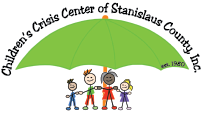



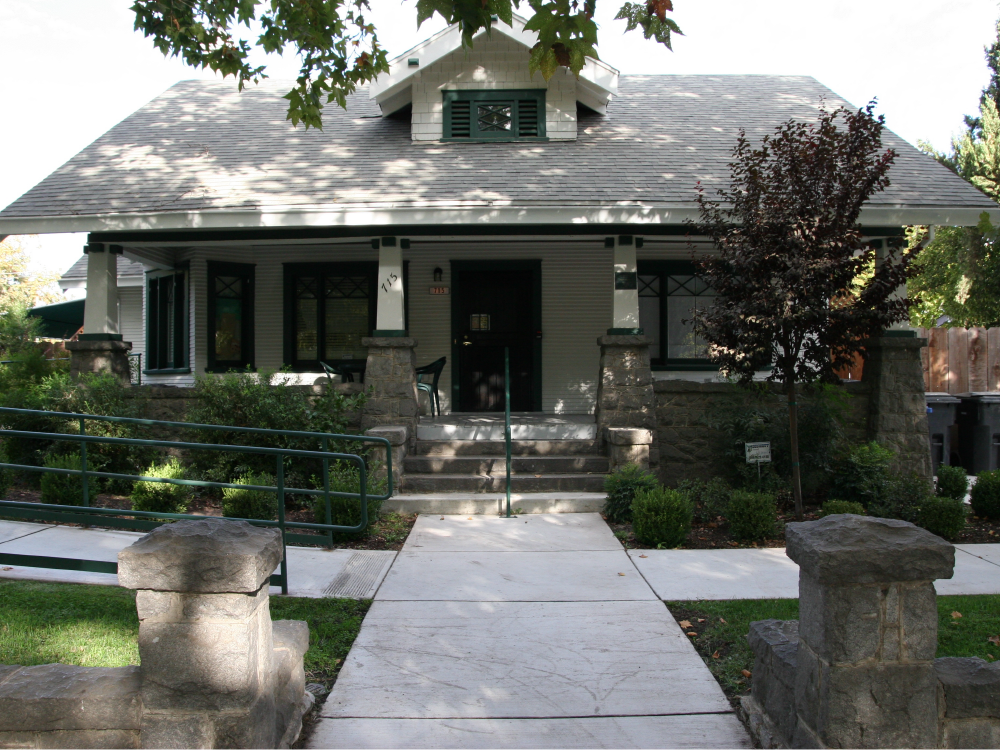
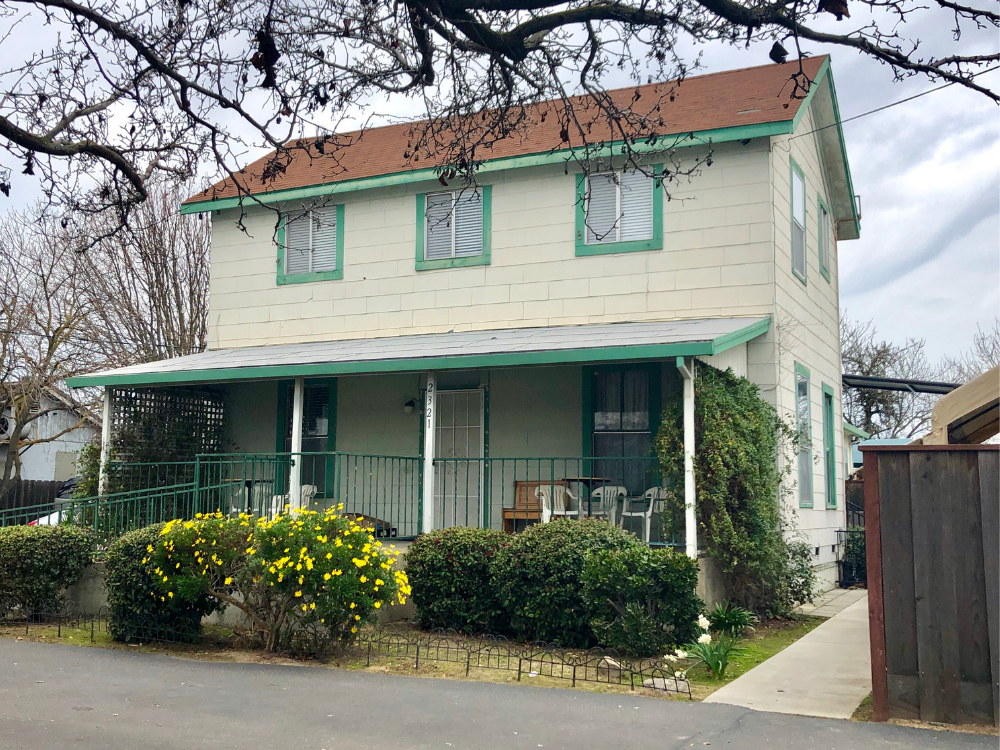
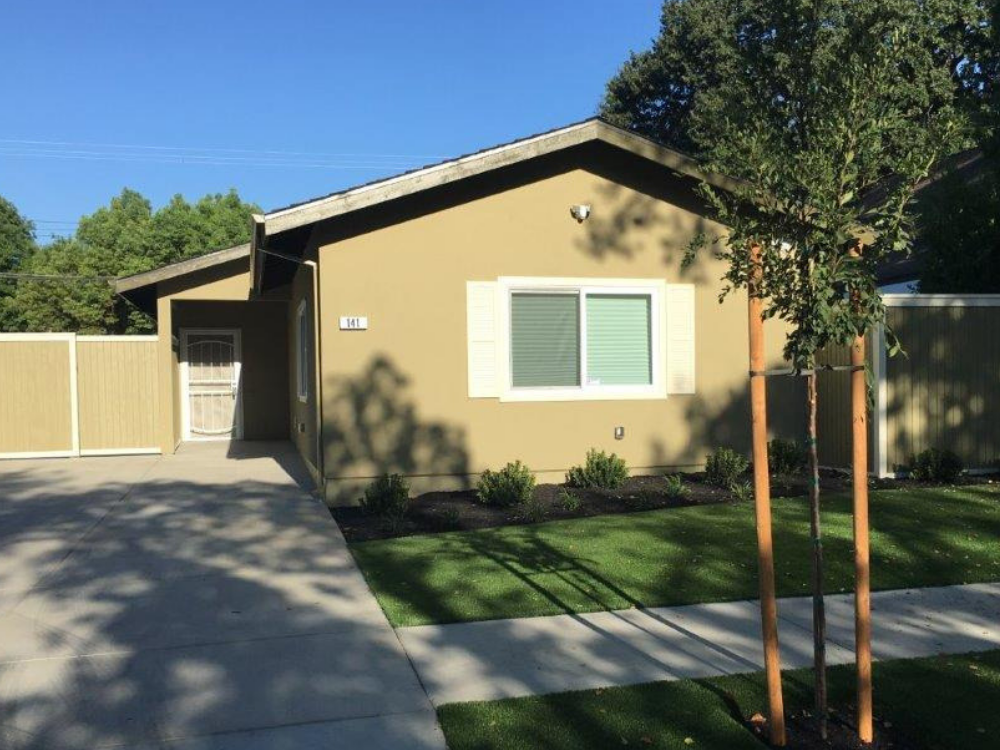

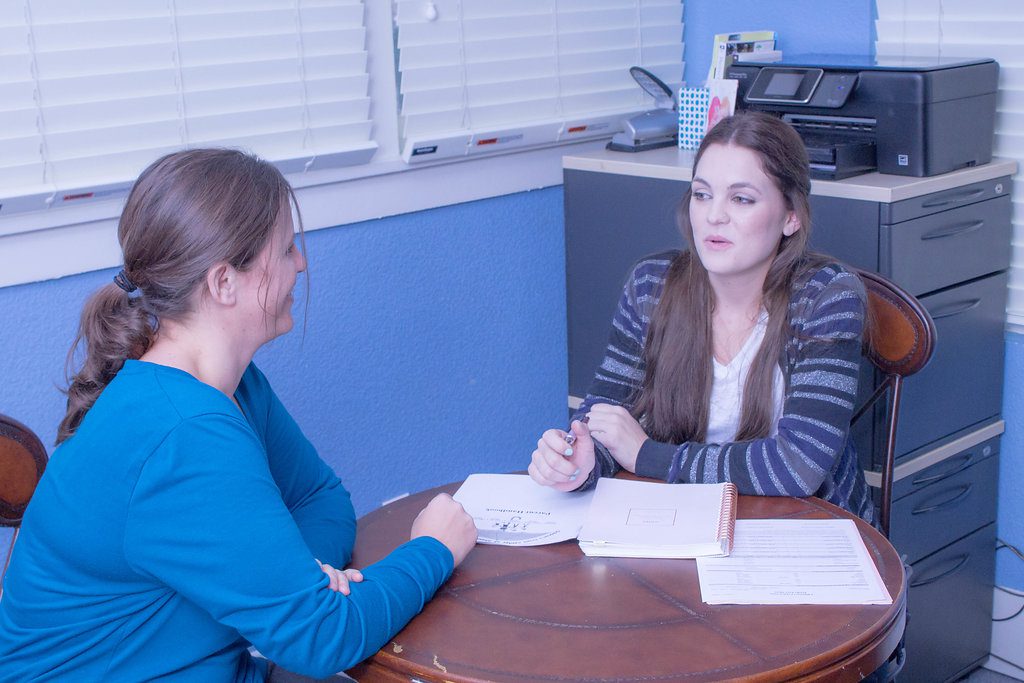



 Physicians, clinicians and other specialists visit our shelters to administer onsite screenings and assessments. These screenings include physicals, well-baby clearances, dental exams, vision and hearing tests and speech pathology screenings. Screenings results influence referrals and treatment plans.
Physicians, clinicians and other specialists visit our shelters to administer onsite screenings and assessments. These screenings include physicals, well-baby clearances, dental exams, vision and hearing tests and speech pathology screenings. Screenings results influence referrals and treatment plans.